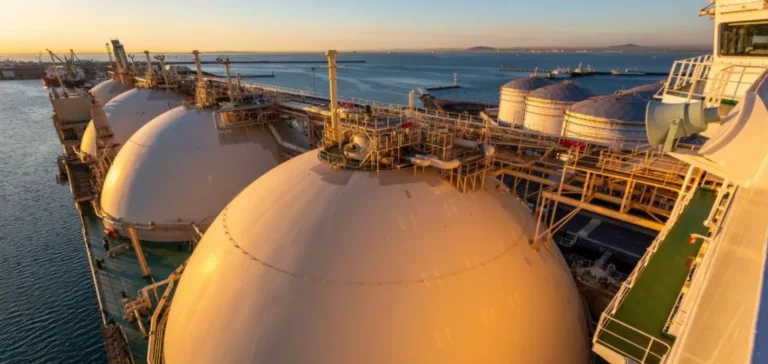The Russian Federation has raised its crude oil export plan from its western terminals to 2.1 million barrels per day (bpd) for September, marking an 11% increase from the initial schedule. This volume, up from the previously planned 1.9 million bpd, also surpasses the 2 million bpd exported in August.
The increase concerns the ports of Primorsk, Ust-Luga, and Novorossiisk, which are key outlets for Russian crude, particularly the Urals grade. The decision comes amid a temporary drop in domestic demand following drone attacks on multiple refining facilities across Russian territory since late August.
Response to internal disruptions
Among the affected sites are the Ryazan refinery, operated by Rosneft, and the Kuibyshev refinery, which halted operations on August 28. Other incidents, including fires caused by Ukrainian drone strikes, were also reported at the Afipsky and Krasnodar refineries, further limiting Russia’s crude processing capacity.
This increased availability of oil for export allows Moscow to meet spot market demand in Asia. Market observers have noted a renewed interest from India, despite a decline in Urals crude purchases in August. Overall volumes remain significant.
India maintains Russian oil purchases
India’s Ministry of Finance confirmed ongoing Russian oil imports. The Chief Financial Officer of Indian Oil Corporation, the country’s largest refiner, stated that the spot availability of Russian oil had not changed compared to previous periods, confirming the stability of supply.
Despite Western sanctions and rising logistical constraints, Russia continues to find alternative outlets for its crude. The upward revision in exports reflects a flexible commercial strategy as it adapts to production disruptions on its own soil.






















